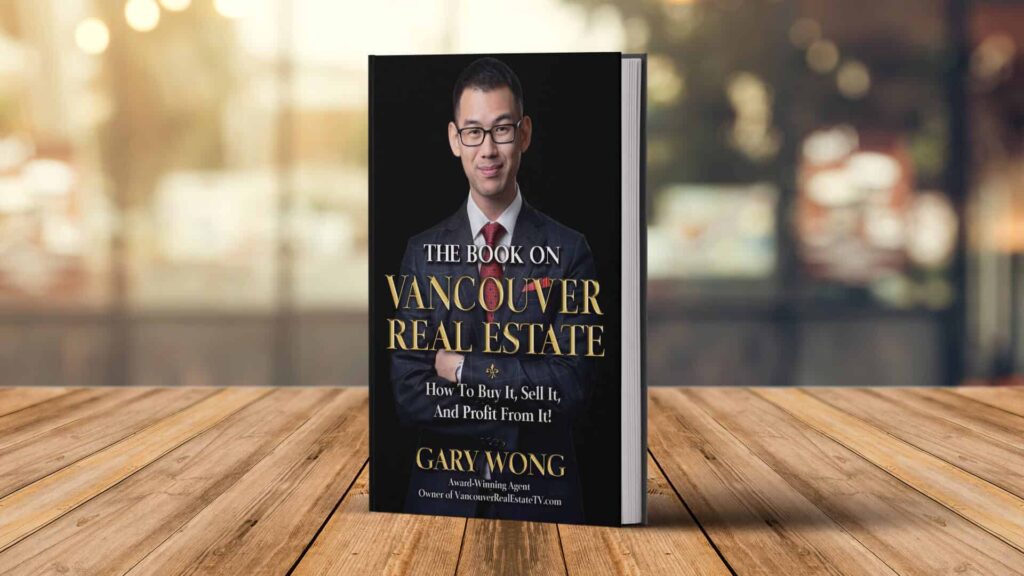What if I told you I was looking for companies that deliver food or medical supplies and they only deliver to remote areas inaccessible by transportation? A fairly specific request, isn’t it?
That’s the nature of niche marketing – because if you’re selling to everyone, you’re not selling to anyone. It’s a real product by the way- drones that drop off food and medical supplies to remote areas by parachute. Marketing to businesses looking for this technology is very specific, very niche.
To be effective at your marketing, you want to specialize by profession. This is the most basic specialization and it’s ideal for service professionals. It means identifying a niche within a profession and owning it through promotion and personal brand development. You’re just working on one segment in the marketplace.
To be effective at niche marketing, you can implement any of these strategies: first, target a very particular segment of the market, second, gain an incredible advantage by becoming the competition, and third, create some mystery when describing what it is that you do.
Watch this video about using niche marketing to grow your business.
1. Be Clear About Your Target Market
To find your niche market, be explicit about what type of client you are looking for.
For example, Ken was in internet marketing for 17 years, and he was just dealing with anybody that would work with him in any area of business.
Before he started working with me, he noticed a significant part of his business – 40 to 50 percent – was with real estate agents. So I told him not only to forget everybody else, but to exclude everybody else.
We formed a company that specialized in internet marketing for realtors. It was a pretty big market. I also suggested that he write a book about the topic. After he formed the new company, he also had a new, improved business model.
The company name that he had before was called “Standard Marketing” which was as attention grabbing as a blank wall. So we changed it to “Top Agent Internet Marketing.”
The new name tells all, including who we serve.
We also have a book called Sold. It has a very powerful image for a real estate professional. The sub headline, which I came up with, is “How top real estate agents are using the internet to capture more leads and close more sales.”

I just put a description of the target audience right in the headline.
If you’re a plumber, are you going to read that book? No. They’re not our target market. Not unless the plumber is curious about a career in real estate.
But a real estate agent will look at it and think, “Oh that’s interesting. I should read that.” Being specific about your target market will get you much stronger results.
2. Be Your Client’s Competition
Strategy number two is a subtle, pressurized kind of marketing but it’s effective.
I want to share the story of my long time partner and client, Matt. Again, we have a specialized niche. We only provide digital marketing services for audiologists and medical professionals.
There aren’t that many of them but because we only provide our service to them, we absolutely dominate the market. We are number one and the company in second place is very far behind.
We’ve been leading their industry for a long time. We have more clients, we charge more than anybody else, and we provide a whole list of services just for that market. We started off locally and then spread out across North America.
Behind the scenes we only work with certain clients in certain cities. Our marketing is not the typical kind. We turned the tables around. Instead of telling potential clients we do digital marketing and telling them about our services, we do the reverse.
We say that in each city and in each geographical area, we only work with one clinic. If that clinic doesn’t want our services, we call their competitor.
This strategy makes it a lot easier for us to sell our services. We also do recurring. Our clients pay us anywhere from $2000-$3000 per month, sometimes up to $5000 a month to do their marketing.
We offer this recurring deal through a signed 12 month agreement. After a year they can quit anytime. But if they cancel, we call the nearest clinic to them and they’ll become a client instead.
We actually have clients say, “Damn, you guys, I’ll just keep paying you.” It’s a much easier solution. They just want to make sure their competitor doesn’t have us on their side.
Understand Your Target Market
Now I have something that I must confess. I don’t know every industry.
I’m not a realtor or an audiologist. But I have my edge because I do more research and study more than anybody else. As a result, in a niche that’s unfamiliar to me, I still understand the market.
So although I’m not a real estate agent, I can tell you I know their business inside and out. I know their frustrations, what their pain points are. What they’re looking for.
I know their goals and desires. Because I learned to speak their language, they feel like I’m one of them. It’s the only way to be successful in unfamiliar territory.
There is a lesson here as well. I want to tell you about Gary, a realtor who isn’t just any realtor.
When you introduce yourself at a business event, don’t say, “Hi, I’m a realtor.” What’s the reaction of people around you?
You’re just another nameless face of yet another realtor. Gary and I came up with an elevator pitch. It’s this. Instead of saying you’re a mortgage broker or a consultant, you say something more specific. Here it is.
The Niche Elevator Pitch
“I’m a real estate professional. I specialize in working with investors, where we generate big profits through a buy and hold or buy and flip strategy. I often generate long-term wealth through a buy and hold strategy as well as various hedge fund strategies… I go into more detail in my book, The book on Vancouver Real Estate.

It’s pretty clear who he serves and you don’t feel like he’s just another realtor. If I want to buy my first home, maybe, he’s the right person for me, maybe not. But he’s very clear, who he works with: investors on either buy and flip, short-term, quick profit. Or long-term wealth, buy and hold.
And if you have more questions, read his book. This also tells you that he’s an author. By saying he’s a real estate professional your mind doesn’t close off. You don’t instantly jump to the conclusion that he’s going to sell you something. Instead, you wonder, what does that title mean?
Is he an investor? Realtor? What exactly does he do? Then he can go into his specialization to answer the questions in your mind. When he has your interest, he then says he has a book if you want to know more.
Do you see the difference? There are so many realtors out there. So many realtors haven’t even learned how to talk about what they do in a 30 second elevator pitch.
Now remember I said I’m not a realtor. Gary, however, is. But I understand the industry. My edge is when I go into an industry to gather information. I go nuts.
I read the publications and I attend the trade shows to learn their language. I talk to a ton of realtors and take a lot of notes. That’s how I win.
I gather as much intelligence, or data, about the market as I can. Your wealth is in direct proportion to how well you understand your marketplace. Some people have been in their market for a few years, yet they don’t actually understand their market that much.
There are no excuses for not being informed, not if your wealth depends on it.
Final Thoughts On Using Niche Marketing
The key takeaway here is that even if you’re not familiar with your niche, you still need to be familiar with the market. That means that even if I’m not a realtor, I must study the marketplace for realtors.
If you don’t understand the target market, you won’t be able to communicate with them. Have an elevator pitch handy that will tell potential clients what it is that you do. Have an element of mystery about your description so the client will want to hear more.
You want to stand out from the competition. You can even beat your competition by telling your clients that if they don’t do business with you, then you will do business with their competitors. This is how you dominate in the industry.
Which strategy do you like the most? Comment below.




